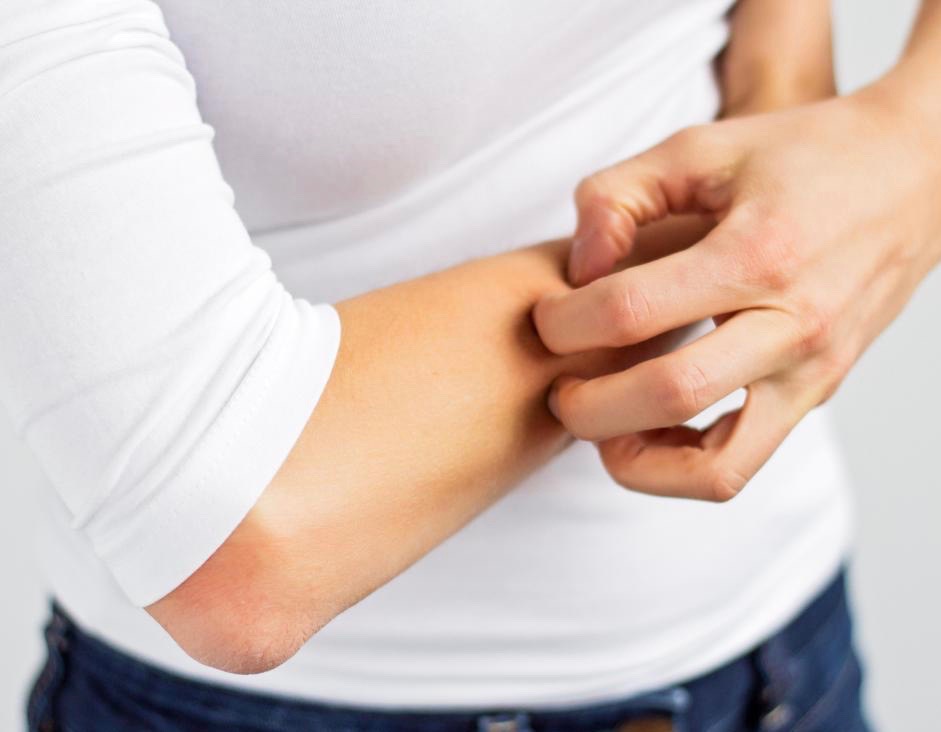
This post is sponsored by Paladin Labs, distributor of Dermakalm. In exchange for my honest review, I have received special perks in the form of products and/or compensation. All opinions on this blog remain 100% my own.
Do you or someone you know suffer from eczema or psoriasis? You may want to inform them of another potential solutions such as blue label cbd oil, to help manage their symptoms a lot better.
Approximately 10-20% of Canadians have eczema (source) and about 1 million suffer from psoriasis (source) yet very few know much about either skin condition.
Although my children and I do not suffer from either eczema or psoriasis, my husband has experienced excessive dryness, flaking and reddish, painful legions on his scalp and neck, which I’ve suspected for some time, could be psoriasis. We noticed recently that his symptoms seem to improve when he reduces the frequency of dairy in his diet, when he takes time out of his day to relax and/or when he uses topical creams. This is where Dermakalm comes in!
I was first introduced to Dermakalm over the summer of this year, a brand that offers an over-the-counter therapeutic, non-steroidal skincare line for both eczema and psoriasis. We tried Dermakalm’s Scalp Psoriasis Gel which is specifically formulated to temporarily decrease symptoms and restore skin’s suppleness. My husband has been using the gel daily for over two months and has noticed a reduction in dryness, flaking and redness on his scalp.
Although quite happy with the results thus far, my husband does recognize the importance of getting a proper diagnosis from a dermatologist and hopes to get to the root cause of what he thinks could be a stress-induced skin condition.
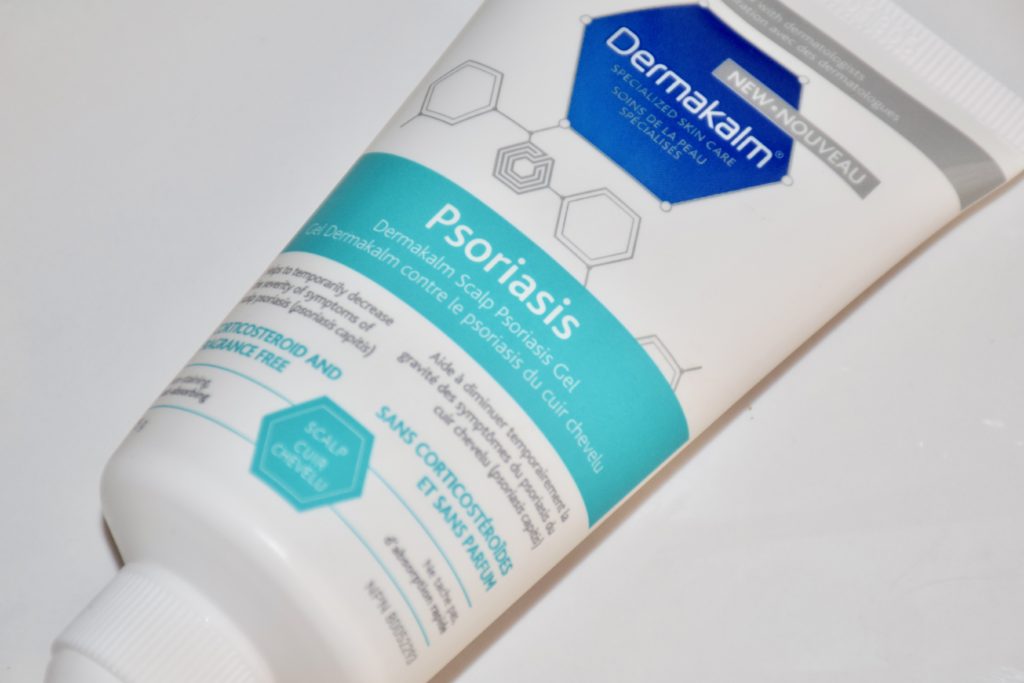
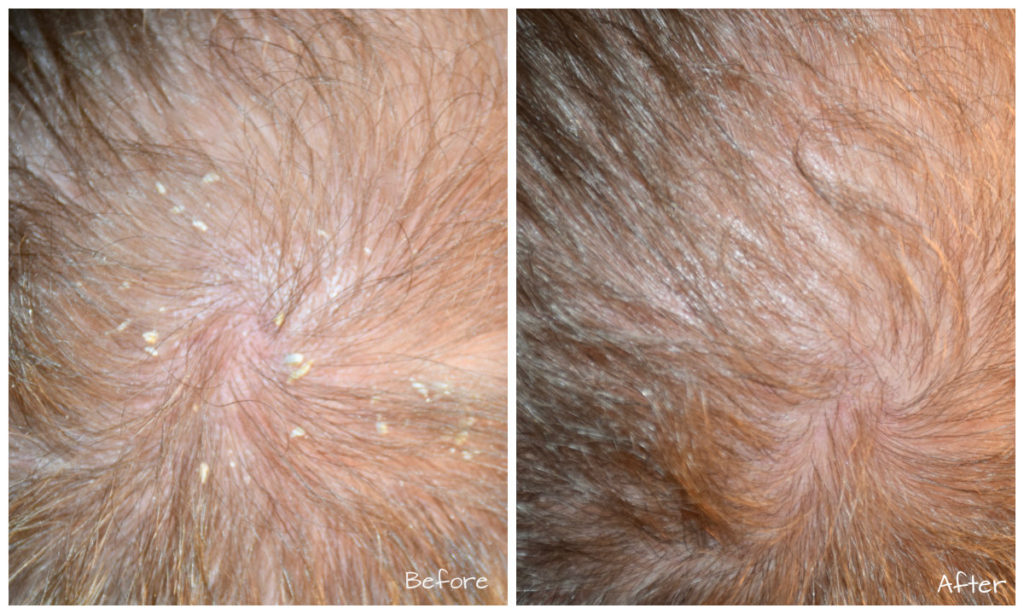 Before my husband’s symptoms surfaced, I didn’t really understand the difference between eczema and psoriasis and had no idea just how common both skin conditions actually were. Here is a quick overview to help differentiate between the two:
Before my husband’s symptoms surfaced, I didn’t really understand the difference between eczema and psoriasis and had no idea just how common both skin conditions actually were. Here is a quick overview to help differentiate between the two:
What is Atopic Eczema (Dermatitis)? (sources: here, here and here)
- Eczema is a chronic inflammatory skin condition characterized by dry, very itchy skin. You may also be able to manage the symptoms of Eczema through the use of vitamins for itchy skin. Anything that’s worth trying, especially if dealing with a condition like Eczema is taking its tole on your confidence.
- It first appears in childhood (some outgrow it while others do not) and is linked to those with a family history of allergies
- During a flare-up, eczema can produce an intense itch and need to scratch
- Skin can develop a rash or crust and become very dry, inflamed or red
- Most common areas affected are the face, arms and legs
- Triggers include stress, extreme weather (dry or cold), over-washing hands, exposure to hot water, chemicals or strong detergent
What is Plaque Psoriasis? (sources: here, here & here)
- Psoriasis is a chronic and recurrent inflammatory skin disorder
- It can appear at any age but often first surfaces in adolescence
- Inflammation causes the skin to grow quicker than it can shed so it builds up and forms plaques
- Red raised legions with silvery scales appear on the skin which flake frequently
- When scales or plaques form, they are quite itchy and painful
- Most common areas affected are the scalp, elbows and knees
- Triggers include stress, extreme weather (dry or cold), medications or infection
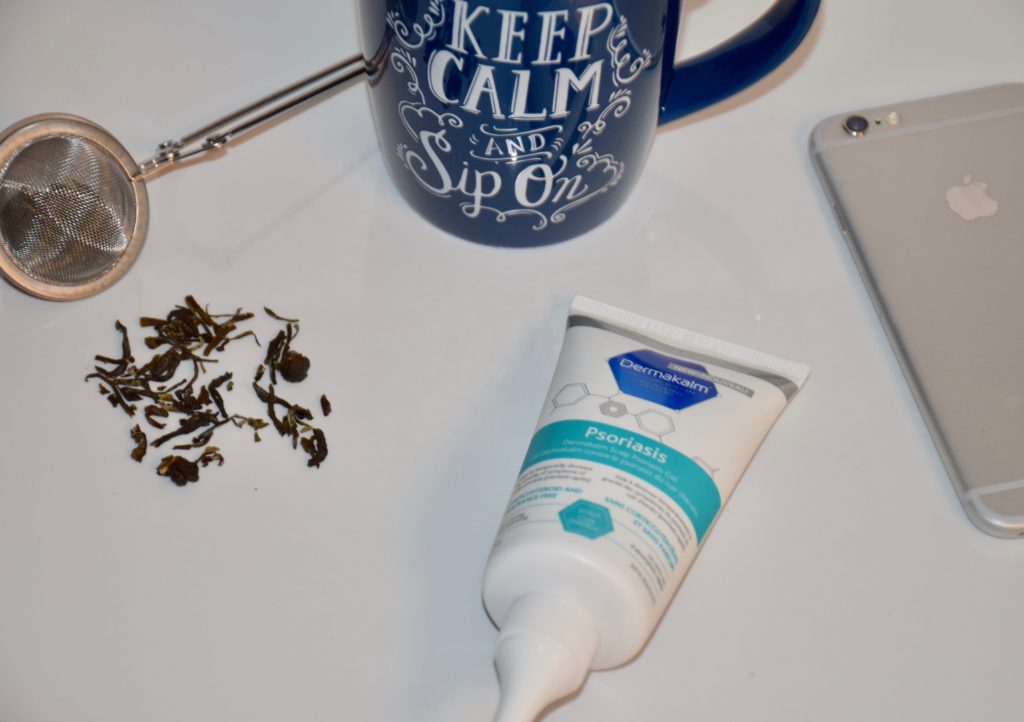
6 Common Myths about Eczema & Psoriasis
Myth #1: Eczema can be cured by using topical medications and creams.
FALSE – There is actually no cure for eczema. Look for products that can help heal the skin during active flare-ups, if they are free of steriods and fragrances, even better. Remember, it is more important to avoid your eczema triggers! (irritants like soap/detergent, allergens hot/cold weather etc.)
Myth #2: Psoriasis cannot be treated.
FALSE – There are many treatments to help manage psoriasis symptoms. Dermakalm’s Psoriasis Cream and Scalp Gel is a great example as it is free of corticosteroids, fragrance, coal tar, sulphur and salicylic acid and decreases the severity of symptoms. Even if not treated, a concealer goes a long way.
Myth #3: Eczema is caused by stress.
FALSE – While stress is not a direct cause, it can certainly exacerbate eczema symptoms because it increases cortisol levels in the body, which in turn affects the skin’s ability to retain water. This leads to dryness and inflammation. Stay calm and make sure to get enough sleep!
Myth #4: Psoriasis is contagious.
FALSE – Psoriasis is not contagious because it is an autoimmune disease that affects the skin, not an infection that can be spread between people.
Myth #5: Eczema or Psoriasis can cause permanent scarring.
FALSE – Although both can look unsightly, it is rare that either condition leaves behind any permanent scars.
Myth #6: Many people do not seek help for their skin condition.
TRUE – Unfortunately, this is true. Many people living with one of these conditions do not seek help due to embarrassment or fear. Many are also unaware that there are a number of treatment options available, some of which are over-the-counter.
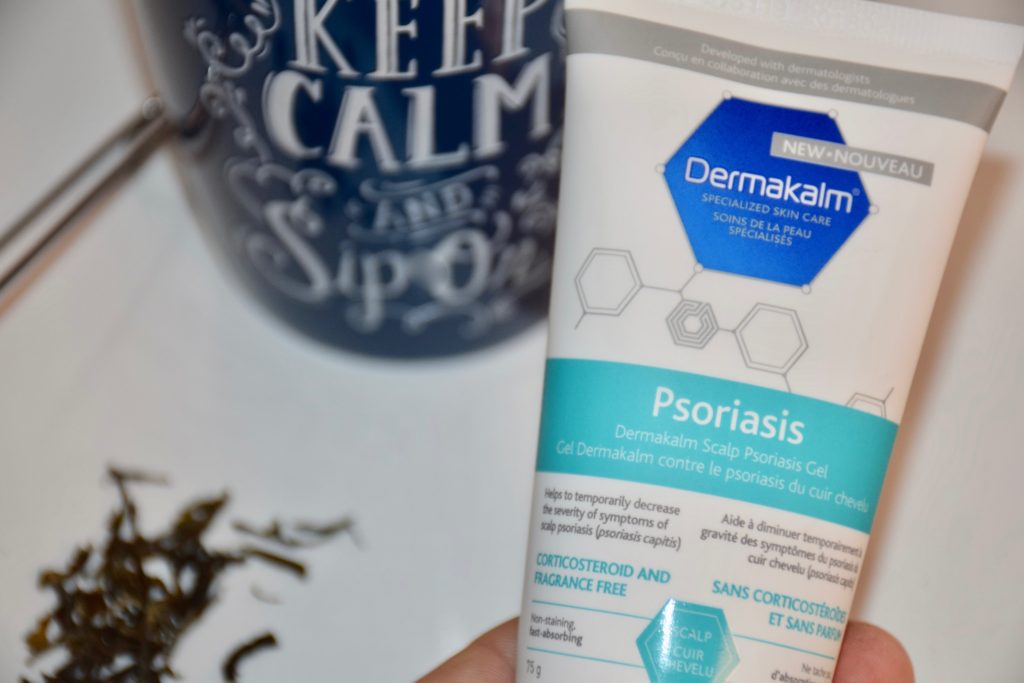
3 Tips to Better Manage Eczema and Psoriasis Flare-Ups
Hydrate Your Skin!
Hydrating your skin is even more important for people suffering from eczema or psoriasis. Use a moisturizer specifically tailored to eczema or one free of fragrances, dyes, parabens or artificial colouring daily to keep skin well-nourished during a flare-up. When it comes to a moisturiser, you need to find one that is specifically suited to youor skin type. Maybe a light weight moisturiser works for some people, but if you have drier skin, maybe a medium moisturiser might work better. Even if you have Psoriasis or Eczema, you can still have dry skin, which is why staying moisturised and hydrated is essential. If you are not someone who doesn’t really have time for skin care, this is about to change. If you find products that are multi purpose, like Tea Tree Oil, that’s good. To start off with, doing some research into both of these products for Eczema and Psoriasis will hopefully work out in your favour. Plus, you’ll never know if you don’t try.
Baths vs. Showers?
Dermatologists recommend taking baths over showers and using lukewarm water while bathing! Hot water dries out your skin and makes symptoms worse. Use a gentle cleanser and steer clear of bubble baths and other fragranced products. After your bath, gently pat your skin dry (never rub) and moisturize your skin right away.
Know You Triggers and Avoid Them!
People with eczema or psoriasis are encouraged to wear cotton or soft fabrics and avoid perfumed products whenever possible. A humidifier is also recommended to prevent the home’s air from getting too dry. Limiting alcohol consumption, eating a balanced diet, keeping stress levels low and getting adequate rest is also important in managing your condition. Paying close attention to your symptoms will help you figure out what is aggravating them. Once you know what your triggers are, avoid them!

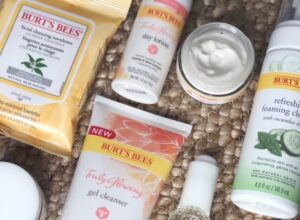
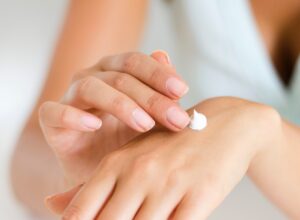



Stay Connected!